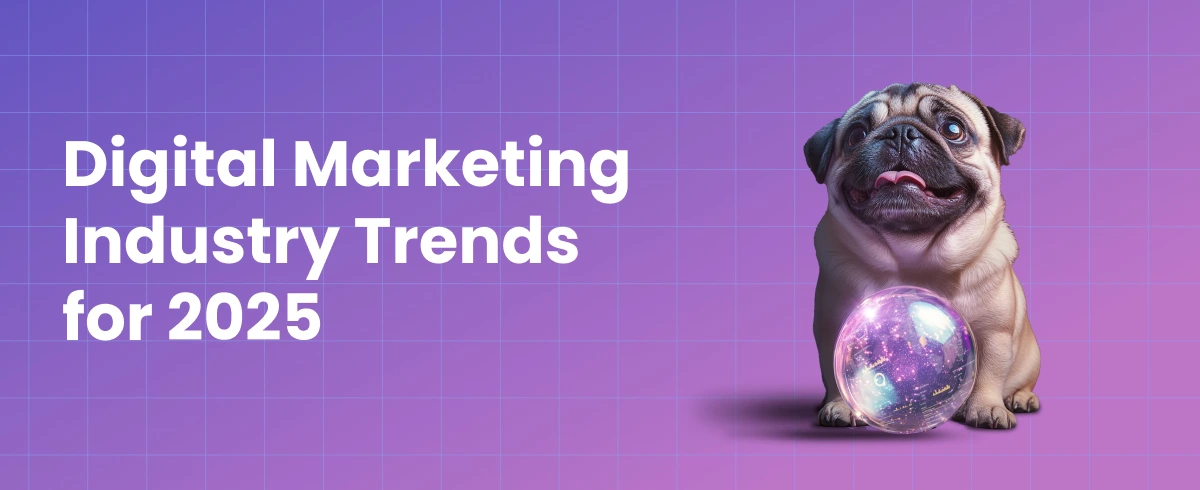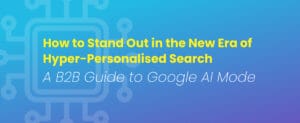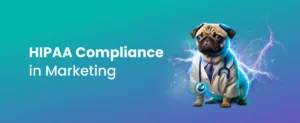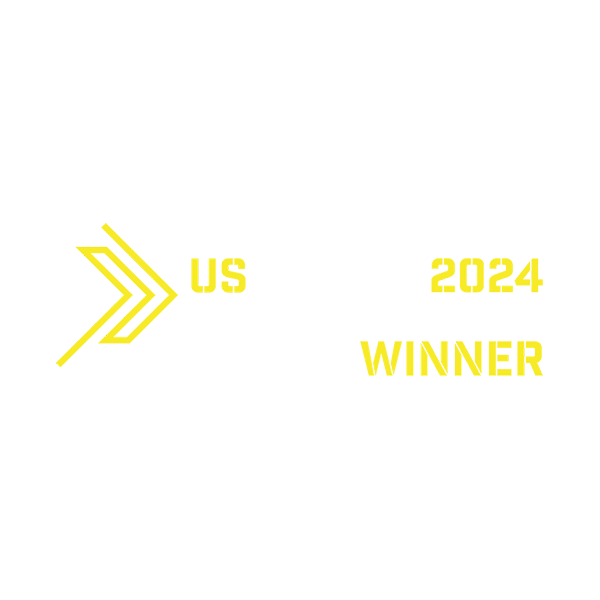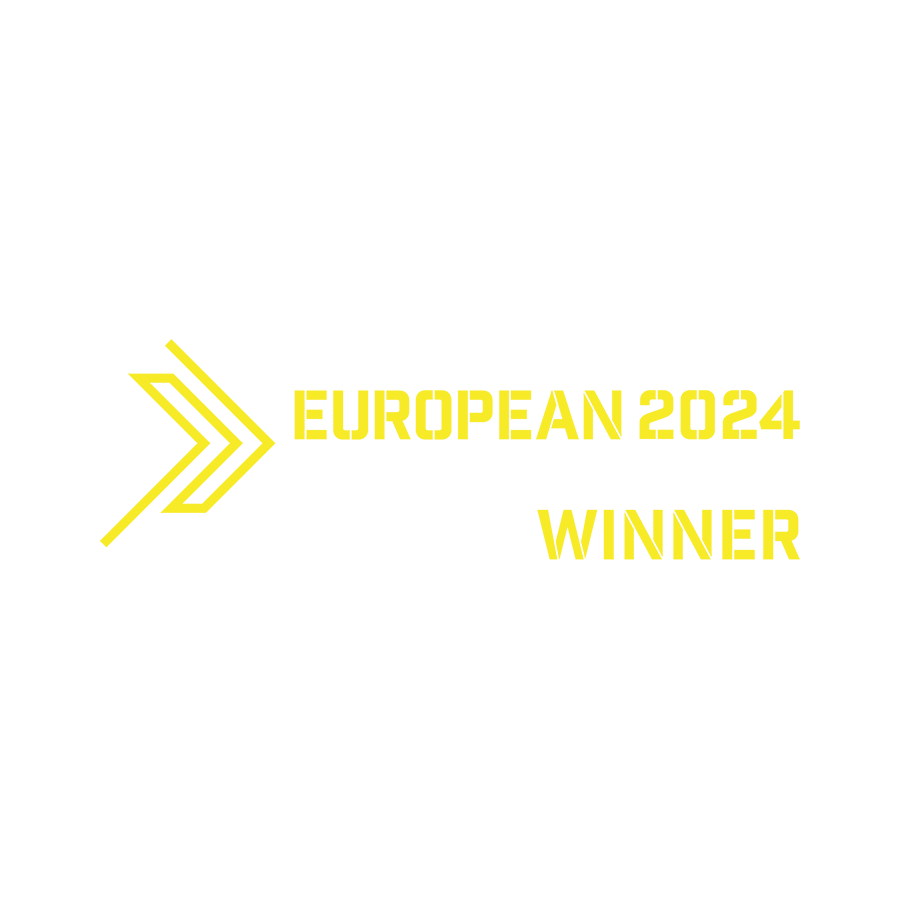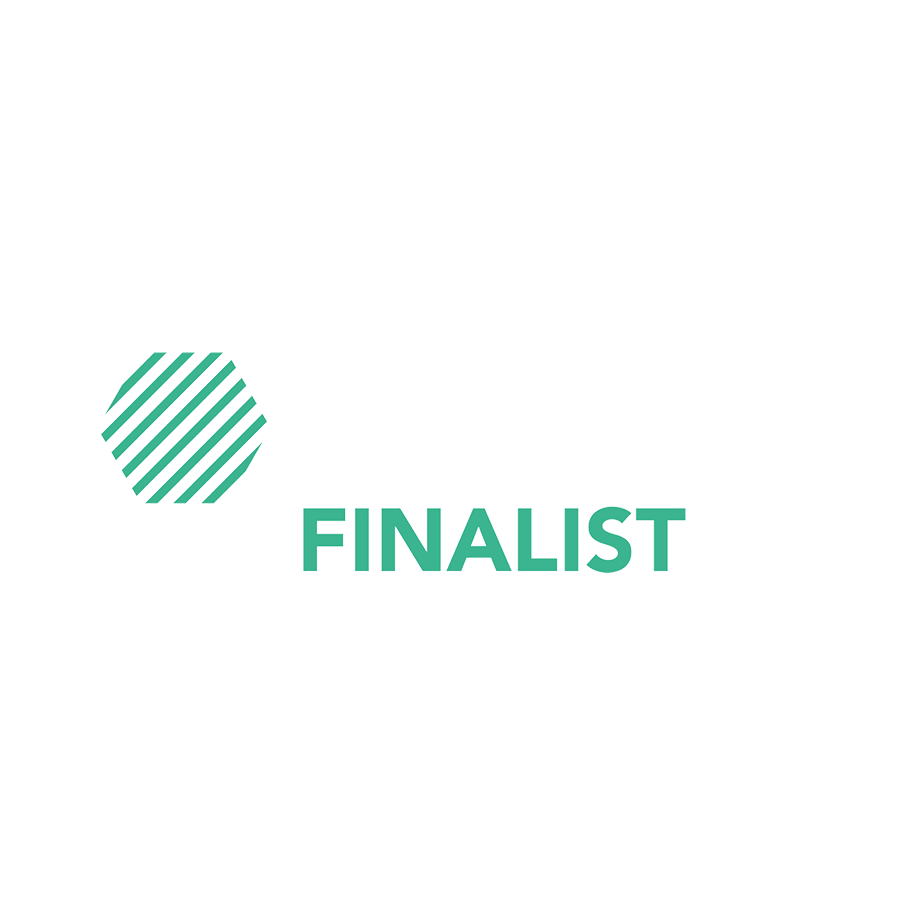In 2023, who would have predicted that ChatGPT, or generative AI as a whole, would be as big of a digital marketing trend in 2024 as it has been? This year, it’s tempting to drop a prompt into the popular platform to ask it what the future holds. Instead, we put our best brains together to see what’s in store for 2025 in the world of digital marketing.
Current Trends in Digital Marketing: Moving Beyond AI
“Everyone is using Chat GPT for content at the moment, which is making it increasingly hard to differentiate,” notes Somebody Digital Co-Founder John Wilkes, and Stephanie Walters, Head of B2B Marketing, agrees: “Ninety per cent of the content we’re consuming is AI-generated, and because of the mass machine learning taking place right now, most of it sounds the same. If you can differentiate your content in 2025, you’re more likely to stand out.”
Speaking of AI, you may have noticed an increase in generative overviews every time you use Google to search. Head of SEO, Stephan Marais notes that “AI overviews are set to shift the way we do our SEO. Alphabet, Google’s parent company, has noted that cost per query has been reduced by 90% by using generative AI. SEOs are using to constantly shifting with Google’s changes, but it may mean an increase in collaboration and integration with the rest of the marketing ecosystem going into 2025.”
How do you Differentiate From AI?
“We definitely think that video marketing is going to be one of the top digital marketing trends over the coming year,” notes John. With platforms like TikTok and Instagram continuing to gain traction across audience types, authentic and authoritative video content will drive a brand’s agenda and cut through the noise of generic AI content.
Stephan highlights that video content will not only attract audiences but also impact SEO performance: “Video content will impact how we strategise for SEO going forward. A recent study by Wyzowl indicates that 82% of consumers were convinced to purchase a product after watching a related video.”
The takeaway here? The value of unique, human-led content is growing in a sea of AI-generated text. In a 2025 landscape increasingly dominated by automation, video and other engaging, high-impact content types can give brands the edge they need to compete and succeed.
Hyper-Personalisation: Meeting Customer Needs Before They Know Them
While video content is a great way to make your brand stand out in the coming year, our experts have identified another digital marketing industry trend in 2025: hyper-personalisation. With evolving AI tools, personalisation will become the cornerstone of customer engagement, turning vast data into actionable insights.
Tobias La Cour, who founded Somebody Digital over ten years ago, notes that while AI’s reach grows, customer expectations are rising, too: “AI can help us hyper-personalise not just our content but also our data and analytics. While a cookieless world has failed to appear, we should continue to capture and use first-party data. Leveraging these important insights into past consumer behaviour, AI can help us predict and personalise future purchases, so we can target people with what they need before they know they need it.”
This level of data-driven, AI-powered personalisation allows marketers to use customer insights not only to predict needs but also to build seamless, one-on-one experiences. “We can’t only look to historical data to predict future behaviour,” adds Stephanie. “We have to move from current to future predictions, and between algorithms and AI, I think we can do this as we enter the era of personalisation in marketing.”
Devon Hyde, Director of Digital Strategy and Client Solutions, echoes this sentiment, emphasising that as AI evolves, a primary use will be to drive personalisation: “AI is everywhere, but using it for personalisation will be the next evolution of the tool, even as we see an increase in regulation around the use of AI in the coming year.”
First-Party Data and Privacy
With looming changes to data privacy regulations, even as entities like Google face antitrust lawsuits across several continents, 2025 will mark an era where reliance on first-party data is essential. This shift will redefine how marketers build customer profiles, requiring a new depth of data collection and usage.
Tobias explains that first-party data isn’t just a fallback; it’s an opportunity: “Leveraging first-party data lets us create relevant and timely content for users while respecting their privacy. When we use these insights thoughtfully, personalisation becomes richer, and customer trust grows.”
To meet these privacy-focused demands, marketers will look to advanced CRM tools, data integration, and AI, creating a balance between personalisation and privacy.
Personalisation and Value-Led Strategies
The move to hyper-personalisation is driving another fundamental shift: outcome-focused and value-led marketing. Instead of promoting a product’s features alone, brands are repositioning to emphasise real solutions and outcomes that matter to customers.
“Value-led strategies should increasingly replace product-led strategies,” notes Stephanie. “This means instead of selling a consumable, you’re selling a solution to a customer’s problems.” For example, retailers in the sleep apnea space aren’t just selling CPAP devices—they’re selling the promise of a good night’s sleep. Customers care about the outcomes of their purchases, so aligning marketing messaging to these results will better resonate with them.
This approach helps build trust and establishes the brand as a true partner in solving customer challenges, which will become essential in an era of increasing digital noise and reduced attention spans.
The Future of Digital Marketing
None of us can really say what the future holds, but if these predictions are anything to go by, 2025 promises to be a year defined by authenticity, personalisation, and meaningful value for consumers. As AI tools enable hyper-targeting, data insights should fuel proactive customer engagement, and video content can amplify brand voice. The thing about digital marketing is that it will always continue to evolve.
Leveraging and embracing these trends can help brands forge stronger connections and deliver value that goes beyond the product.
Brands need to prioritise creating high-quality, unique content that stands out, as AI overviews rely on summarised content. Diversifying content formats, such as interactive elements and expert video content, can also help maintain visibility and engagement in an AI-driven SERP environment.
Video marketing offers brands a way to create authentic, impactful connections that written content may struggle to achieve in a landscape saturated with AI-generated material. Investing in human-led video storytelling can help brands build trust and drive engagement.
With increasing privacy regulations and delayed implementation of a cookieless world, leveraging first-party data provides brands with reliable insights into consumer behaviour. This data helps create personalised experiences while ensuring compliance with privacy standards.
Businesses should use AI tools to streamline processes and provide data-driven insights but must also involve human oversight for content creation and campaign strategies. This ensures that the brand’s voice remains authentic and relatable, creating deeper connections with audiences.
A value-led strategy focuses on highlighting how a product or service solves a customer’s problem or improves their life, rather than just listing features. This could include case studies, testimonials, and content that showcases the real-world benefits experienced by customers.

